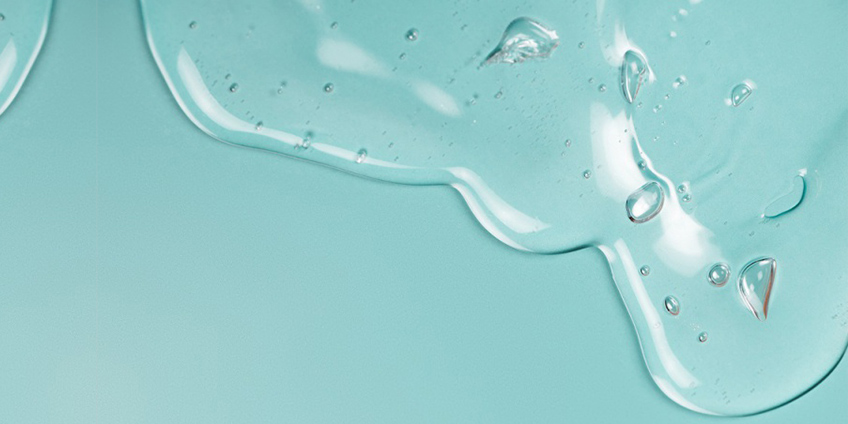
Natural Ingredients In Hydroface's Composition - Hyaluronic Acid
Hyaluronic acid - the ingredient, commonly found in your favorite skincare products (as in Hydroface), is an important addition to your daily skin-care regimen. That's because the ingredient, a molecule that occurs naturally in the skin, binds to water to plump up your skin and give it that dewy, glowy effect. But hyaluronic acid does so much more than boost skin's moisture levels, which is why we asked skin-care experts to better explain the benefits of the ingredient.
Hyaluronic acid is a sugar molecule that occurs naturally in the skin and it helps to bind water to collagen, locking it in the skin, so that skin can appear plumper, dewier, and more hydrated.
Basically, hyaluronic acid increases hydration in the skin, which can keep your skin looking fresh, full, and bouncy. The collagen in our dermis forms the structure of the skin. Natural hyaluronic acid is bound to collagen on one side and links to water molecules on the other, giving skin its plumpness.
As we age, we lose collagen and hyaluronic acid naturally, so the skin becomes dehydrated more easily. Also, harsh weather, heaters during wintertime, certain skin-care products, and underlying skin conditions can cause tiny breaks in the protective skin barrier, allowing water to escape. That's why creating a tailor skin-care routine with moisturizing products can be extra beneficial.
Hydrating skin-care ingredients, including hyaluronic acid, act as 'humectants' that attract water to the skin in an effort to hydrate it. These ingredients are widely used in products, such as moisturizers, eye creams, and serums. Hydroface contains not only Hyaluronic acid but also Bisabolol which is a natural humectant and also helps the skin retain moisture.
Who should use hyaluronic acid?
Hyaluronic acid is great for all skin types. In general, Hyaluronic acid is nonirritating and does not trigger acne, rosacea, or allergic skin reactions. There is, however, a small chance of any adverse side effects.
Those with dry and/or more mature skin will benefit the most from using hyaluronic acid. As we age, our bodies produce less of it, so replacing hyaluronic acid topically will make the most impact on those of us who are middle-aged and older.
Hyaluronic acid has the word "acid" in its name, but there's no reason for sensitive skin types to tread lightly — it's safe for everyone. There are no known side effects of utilizing hyaluronic acid, as again, it's produced in our bodies naturally.
















